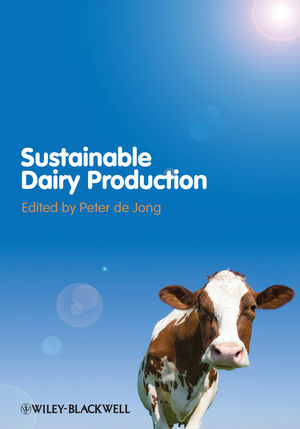
Forward Contracting Leads Farm Bill Battle
by Stephen Barlas
Washington Editor
Early House action on the dairy section of the upcoming 2007 Farm Bill gives manufacturers of cheese, butter, ice cream and other products hope there will be some positive changes to the dairy price support, milk marketing order and forward contracting programs administered by the U.S. Department of Agriculture.
The bill the House Agriculture subcommittee on
livestock, dairy and poultry approved in late May touches all those issues.
“Chairman Leonard Boswell and Ranking Member Robin Hayes have clearly
worked together in a bipartisan manner to forge a solid compromise bill
that lays an excellent foundation for the committee’s Farm Bill
deliberations,” says Connie Tipton, president and CEO of the
International Dairy Foods Association (IDFA).
Whether those dairy provisions stay in place as the
Farm Bill moves through Congress is another story, however. Trade-offs will
be rife as the bill moves first through the House — the Ag Committee
was expected to approve the bill prior to the July 4 recess — and
then to the Senate. The current Farm Bill expires on September 30, 2007, so
lawmakers are under pressure to move the bill expeditiously to the White
House.
Of course, the biggest fights affecting the dairy
section of the bill will be between dairy processors, represented by IDFA,
and milk producer cooperatives, represented by the National Milk Producers
Federation (NMPF). The two groups’ best interests are often at odds.
One of the most intense intramural battles on the
dairy section will focus on forward contracting, the subject of a USDA
pilot program that ended in December 2004. That program allowed proprietary
milk handlers — that is, dairy food marketers regulated under the
Federal milk order program — to contract for future deliveries of
milk from milk producers or their cooperative associations at prices exempt
from minimum federal milk marketing order blend prices.
The IDFA has been trying to convince Congress to
reinstate forward contracting ever since the pilot ended. The House
agriculture subcommittee bill does that. However, the NMPF wants the
program to end when the term of the 2007 Farm Bill ends in 2012, and wants
any temporary program to have restrictions.
Chip Kunde, IDFA senior vice president, explains that
cooperatives can already forward contract with their own members who make
cheese and ice cream. That gives manufacturing co-ops a competitive
advantage over private processors. “There were producer protections
in the pilot program, and the USDA reviewed them and said they were
effective,” Kunde adds. Those would be included in the permanent
program endorsed by the subcommittee, so Kunde thinks additional
protections sought by the NMPF are unnecessary.
Not surprisingly, Jerry Kozak, NMPF’s president
and CEO, disagrees. “We have serious reservations about the absence
of producer safeguards in this measure,” he says, referring to the ag
subcommittee dairy provisions. “Our support for forward contracting
is conditioned on getting those protections included with the overall Farm
Bill.”
Kunde explains the subcommittee bill is carefully
balanced between meeting the needs of the private processors and the
co-ops; both have received and made concessions on multiple issues within
the dairy section. But he acknowledges that as the bill works its way
through Congress, any provision in the bill — dairy or otherwise
— is subject to change.
Stephen Barlas has been a full-time freelance
Washington editor for business and trade magazines since 1981.
$OMN_arttitle="Forward Contracting Leads Farm Bill Battle";?>
$OMN_artauthor="Stephen Barlas";?>




